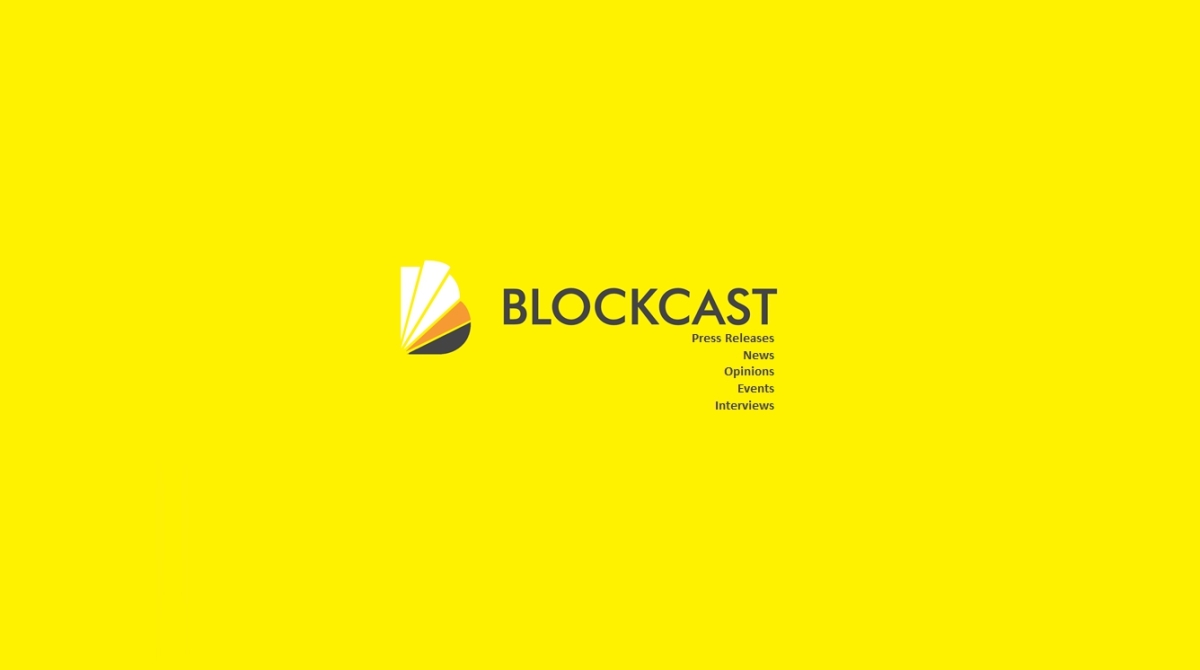Discussions about the starting point of decentralized finance (DeFi) almost always end in a heated debate. Some people believe that the invention of Bitcoin a decade ago marked its beginning, because cryptocurrency was the first peer-to-peer digital currency and represented the core of the DeFi concept. Another group of people said that DeFi started as early as December 2017, when the Ethereum-based protocol MakerDAO was released, followed by Compound Finance and Uniswap in September and November 2018 respectively. There is another saying that the real rise of DeFi began this year.
Beginning this summer, the total value of DeFi has been locked up sharply, exceeding $16 billion this month, which undoubtedly makes the industry one of the most discussed topics in 2020. As expected, some people supported and some criticized.
Although DeFi is one of the hottest topics this year, there are still some people who believe that DeFi is still mainly a niche financial tool in the global financial world. There is no doubt that the rapid growth of funds flowing into the field has led some people to compare DeFi with the initial token issuance boom in 2017 and predict its potential failure. At the same time, others claim that multiple projects in this field are not truly decentralized, nor do they represent the true ideas of DeFi.
But in the long run, DeFi is likely to change our world. In this world, 1.7 billion people still cannot access traditional financial services. It can be said that DeFi is completing the work started by Bitcoin, becoming the second step in the evolution of decentralization, and may solve the problem of inclusive finance.
As 2020 is coming to an end, many experts in the field of blockchain technology and encryption have expressed their views on DeFi.
Brendan Blumer, CEO of Block.one:
“Decentralized finance is undoubtedly one of the most compelling features of this year. The billions of dollars of funds poured into the ecosystem highlights the widespread interest in DeFi. However, this attention has also caused more and more regulators. Many doubts, they want to understand the limitations and feasibility of DeFi applications.
At Bloke.one, we believe that DeFi must evolve to achieve a sustainable connection with the traditional economy and create a more open financial system. We call it Open Programmable Finance or ProFi. We believe that ProFi is like a bridge from a transparent and complete EOS blockchain to a regulated financial world.
A key difference between DeFi and ProFi is that the ProFi business merges risk-based, regulatory and compliance-based license access transactions. Encryption compliance and regulatory frameworks are taking shape and maturing rapidly. The real winners of the digital economy will be companies that take the long-term perspective and take the time to ensure that their products meet the requirements of jurisdiction and professional services. “
Dan Simerman, Director of Financial Relations, Iota Foundation:
“I agree that 2020 is the’DeFi year’, mainly because DeFi projects dominate technological innovation and development. I also want to say that DeFi has shown the cryptocurrency world that innovation is still possible, and new projects can still be novel Ways to guide liquidity, funding and participation. After the end of the ICO boom in 2017, people believed that it would be difficult for new projects to find a foothold in a market where private equity financing is prioritized rather than crowdfunding innovation. Thanks to the creation of the DeFi bubble Tools, we will see more innovations in the coming months.
By 2021, we will see some core innovations, such as collective loans and liquidity mining, penetrate into applications that we would not consider “financial”. Entrepreneurs, developers and companies who want to choose blockchain all hope that these core components can be part of their DApp toolbox. The radical financial instruments we are considering in 2020 will become actual requirements for blockchain and ecosystem selection in 2021. We may even see some core innovations of DeFi entering the world of centralized finance. “
Heath Tarbert, Chairman and CEO of the US Commodity Futures Trading Commission:
“DeFi is a growing global trend, and its emergence highlights how innovation continues to reshape the financial services sector. By combining multiple technologies to provide financial services in new ways, DeFi may provide a way to access financial markets. Extend to a wider range of individuals and entities. This is a new way of looking at finance, and it affects and reflects the new way we all interact.
We can’t just consider the previous way, such as finding a bank or brokerage company that you have known for many years, especially if you want to expand access to the financial market and financial services. Historically, innovation has driven our markets forward and has become the key to their success.
I think that as a regulator, we should look forward to the development and growth of DeFi. Every regulatory agency needs to determine how DeFi touches its jurisdiction. In the absence of supervision, the industry will need to figure out how to ensure market integrity and consumer protection-these are areas that regulators will focus on in the future. “

